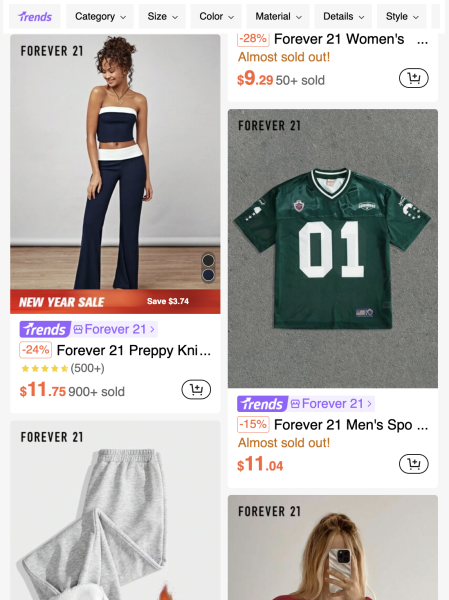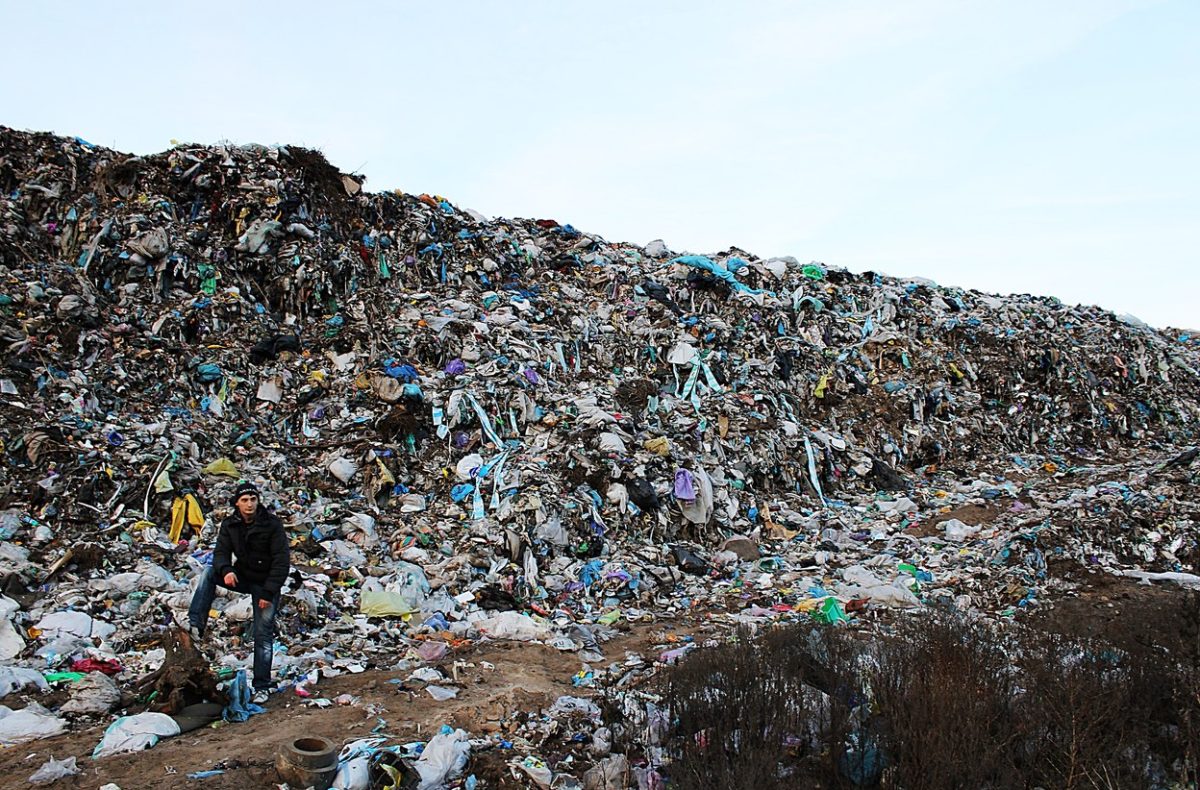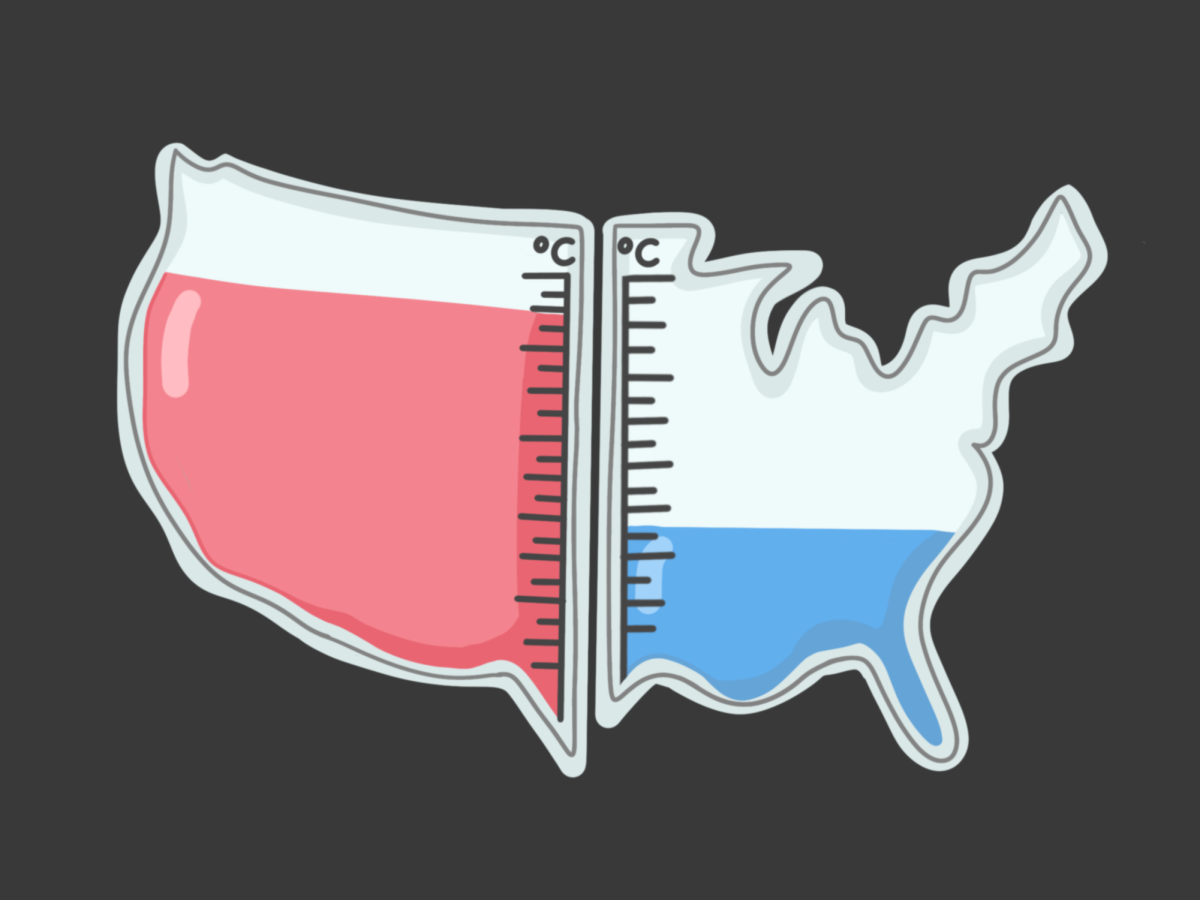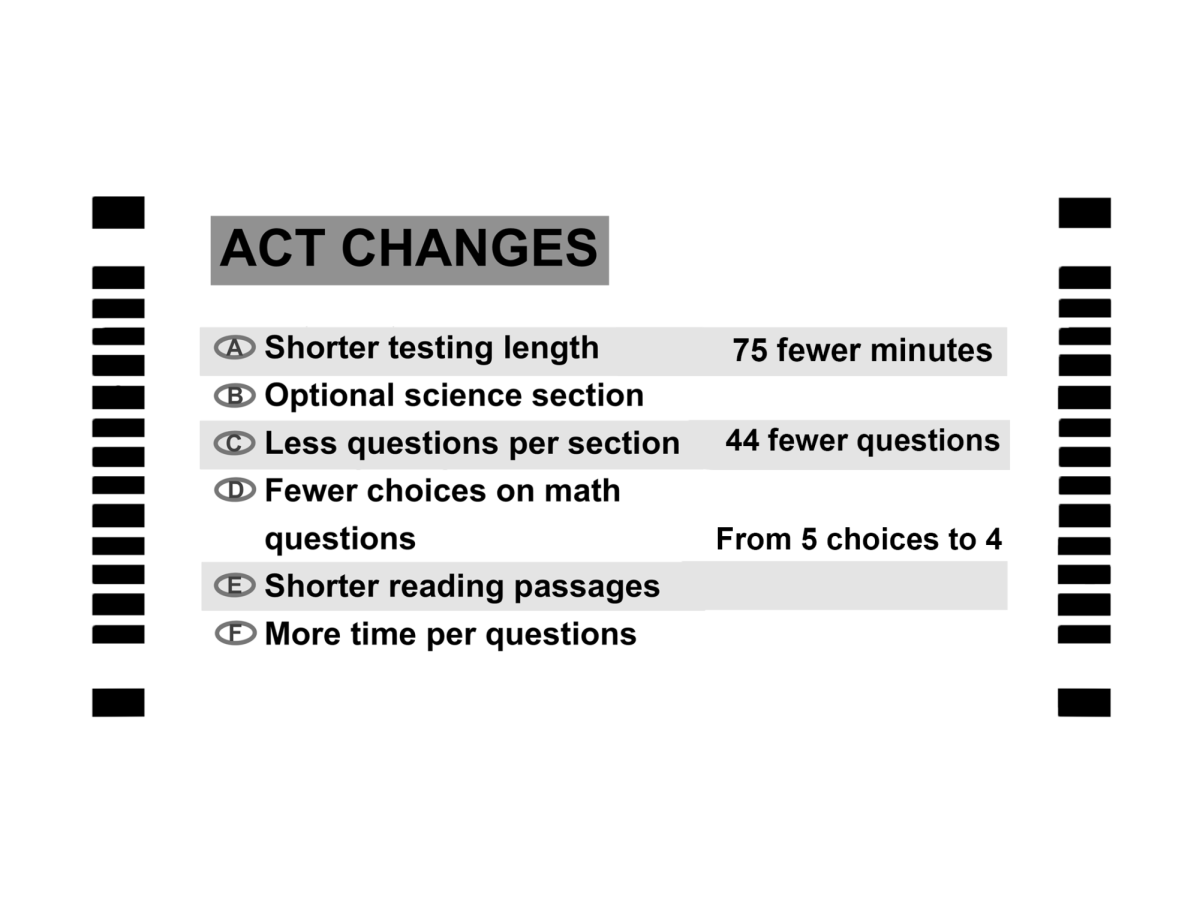Popular fast-fashion giants Shein and Forever 21 are teaming up in a massive deal that will propel an industry that’s already one of the biggest threats to the environment.
Forever 21 opened its first stores in California in 1984 and quickly grew into an international phenomenon with its seemingly unstoppable business model of bringing items from design stages to store shelves in only two weeks. This set the stage for the emerging industry of fast fashion, where companies design trendy items to be quickly manufactured in large factories and sold at a fraction of market prices.
Shein was founded in China in 2008 and immediately gained popularity when it launched in the U.S. in 2017. As of 2022, it is the largest fashion retailer in the world. It follows a similar fast fashion model to Forever 21, but primarily sells its products online. Shein sells both clothes and housewares for unbelievably low prices. It’s known for “Shein hauls,” where social media influencers model mountains of inexpensive clothes, promoting the disposable fashion culture that has overtaken our society.
Shein has experimented with pop-ups, but currently has no physical stores in North America. However, on August 24th, a new deal was announced that will allow Shein products to be sold inside Forever 21 stores and Forever 21 products to be available on the Shein website. Forever 21 already has its own website, but teaming up with Shein will expand the brand’s reach to a larger consumer base.

This deal is extremely detrimental as fast fashion is one of the greatest threats to the environment. According to the World Bank, consumers today are buying 60% more clothing than in 2000. Every year, over $400 billion worth of clothing is prematurely discarded, most of which eventually ends up in landfills. 85% of textiles produced annually go to the dump within the year. Fashion production also uses an immense amount of water, which dries up rivers and streams that farms and cities rely on. The fashion industry is also responsible for 8-10% of all global carbon emissions, which is more than shipping and aviation combined. Fast fashion promotes these wasteful practices and results in many clothing items being discarded after only a few wears.
Another major concern with many fast fashion companies is poor working conditions. Shein and Forever 21 have both faced allegations about low wages and mistreating workers. In 2016, Forever 21 faced backlash for paying workers well below minimum wage at a Los Angeles factory. Workers would sew clothing for 11 hours a day, making only six dollars an hour, while minimum wage was $10.50.
Similarly, Shein has been criticized for producing clothes in sweatshops and crowded factories with extremely poor working conditions. The retail giant has also been accused of using forced labor to produce their clothes. This makes many consumers avoid the brand entirely, but others can’t resist the low prices and new styles.
Shein has recently been planning to go public on the New York Stock Exchange, but a group of attorney generals, led by Montana attorney general Austin Knudsen, sent a letter to Gary Gensler, the chair of the Securities and Exchange Commission, saying that Shein shouldn’t be allowed to go public until the forced labor allegations have been thoroughly investigated.
Although Shein has denied all forced labor accusations, Bloomberg reported that the company sourced some of their cotton last year from the Xinjiang region of China. The U.S. has banned imports from this region because of human rights concerns.
It is vital that we hold brands accountable for ethically sourcing their clothing. Unsafe working conditions and below-minimum wages cannot be tolerated in 2023. Instead of buying from fast fashion brands that harm the environment and their workers, consumers should source their clothes from local businesses, sustainable brands and secondhand shopping. Consumers should also invest in clothes that are higher quality and will last longer than cheaply made fast fashion items that can only be worn a few times. Shopping second hand in thrift stores, consignment shops, vintage stores and online resellers like Depop is a cost-effective way to get high quality clothing without wrecking the environment in the process. It is also important for people to keep clothes for as long as possible instead of fully replacing their clothes at every change of the seasons.
We need to act now to end fast fashion culture. Companies like Shein and Forever 21 will only continue their harmful practices if we keep supporting them. We have no right to let our greed destroy a world that we are passing on to future generations.














